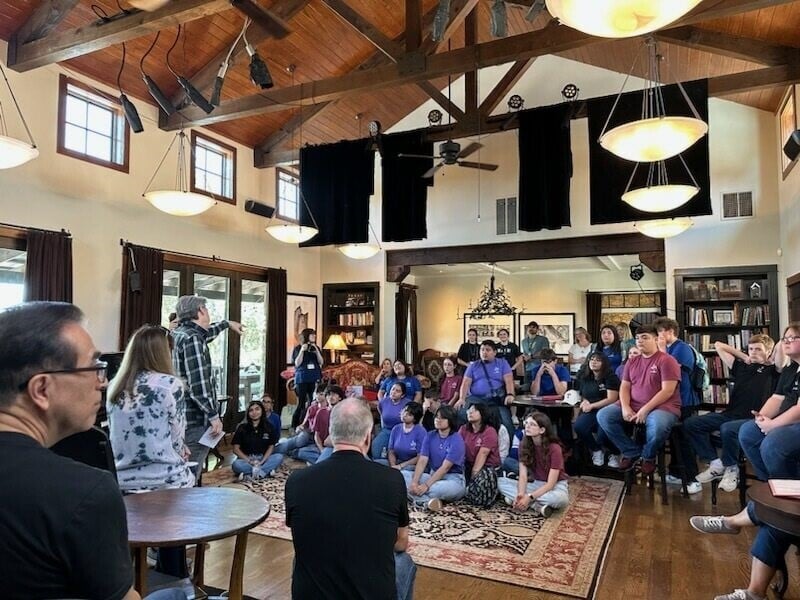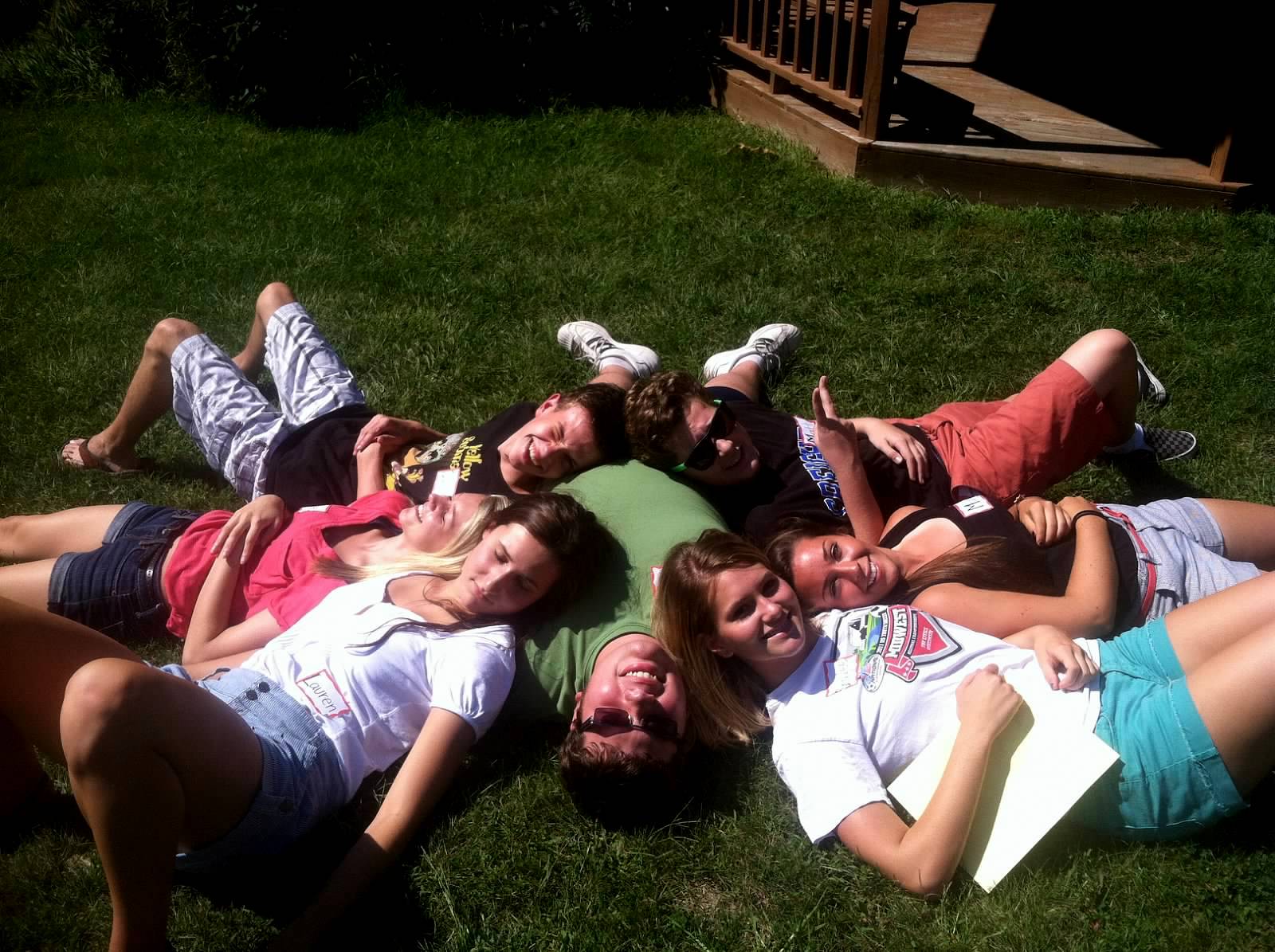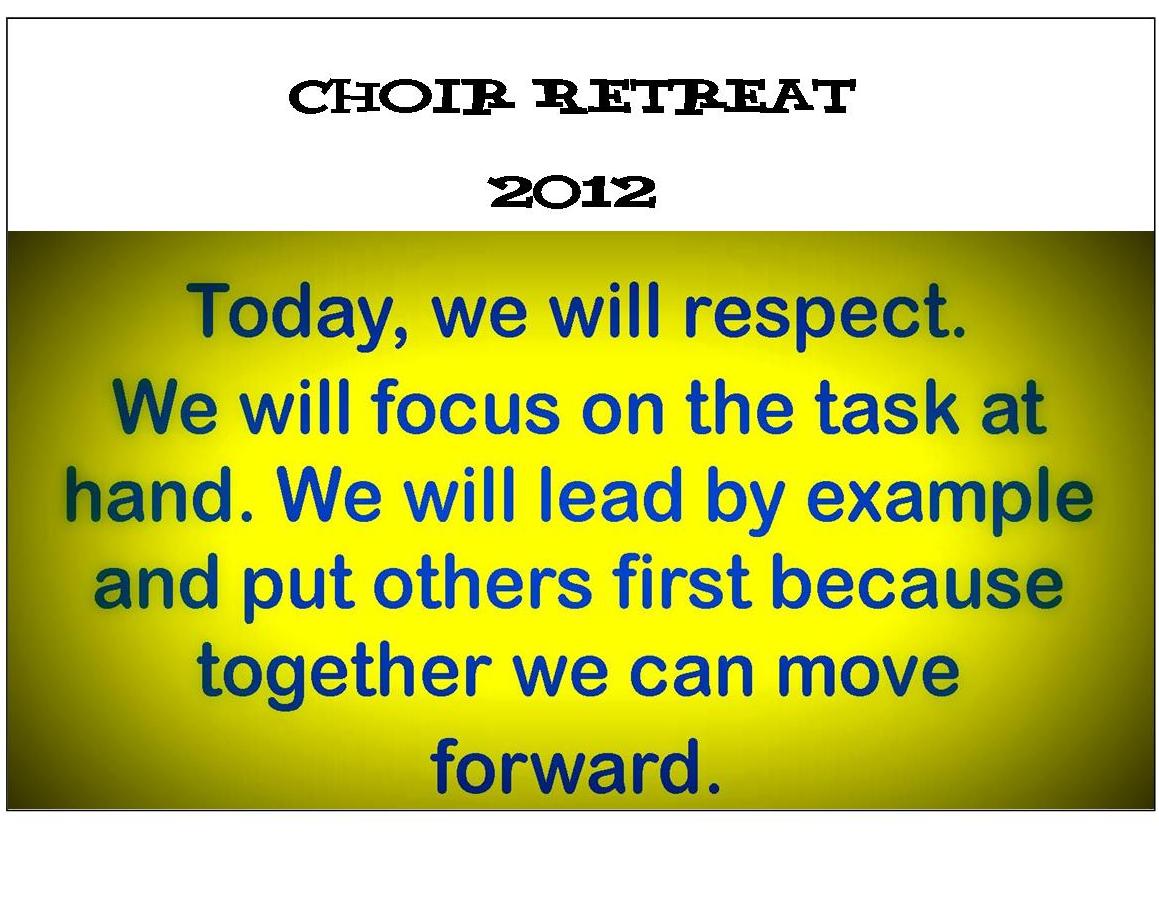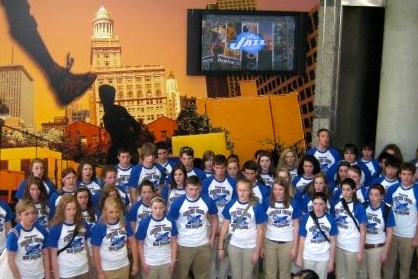STORIES ARE CRITICAL TO STUDENT CHOIR COMMUNITIES
Part 1 of 5
Storytelling
Just a few years ago – only sixty-two to be exact – when I was in the first grade, all our school’s elementary teachers held regular events called “Storytelling.” Short, simple group training was offered to us wide-eyed pupils, and then friendly competition ensued. Participation was always optional; we each got to decide whether or not we would “do storytelling.” On competition days, the participants in the contest would all sit together in a circle and listen to a short story from a storybook read by one of our teachers. We kiddos would then be escorted en masse out of the room and then, one by one, we would reenter the classroom, stand in front of a group 10 or so adult judges, and retell the story we just heard.
We were adjudicated subjectively on elements such as story accuracy, our effective use of words, if we were able to limit or totally lose filler words such as “uh,” and basic clarity. And then there was always that element of holding the audience’s interest and the use of expressive gestures and language. Yes, even in the first grade, we were already being coached on how to effectively communicate – which things to talk about, which things were only filler, about bad habits to lose, and ways to make the story interesting while still being faithful to its plot and overall meaning. In grades 1-3, these were simple tales which took about 90 seconds to read and perhaps 60 seconds to retell. But by the time we budding communicators found ourselves in the sixth grader, we were becoming rather advanced in our storytelling.
In the older grades leading up to junior high, we would sometimes be allowed construct our own original stories, either based upon actual events or fiction. Even as I approach my 70th birthday, I am still proud of the fact that I won a little more than my fair share of storytelling events in elementary school. These events were the first stepping stones to my becoming a Persuasive Speech competitor in high school and a speech communication major when I began my university career. Today, I am highly passionate about speech communication and how to tell effective stories in public arenas.
Dr. Keith Herron is a brilliant educator who specializes in the power of storytelling. He himself is a great storyteller, but his research and development of group concepts involves far more than only honing his own storytelling skills. Keith wants churches, small groups, choirs, schools, nonprofits, businesses, faculties, government, and other communities to understand the value – and the power – of storytelling.
When a student choir director recognizes how powerful stories can be within a group, that understanding can become utterly transformational in a group of teenagers. If we encourage the telling of our stories – everyone’s stories – and if we can create a safe and affirming space for those stories to be told, heard, received, valued, encouraged, and affirmed, we have then already moved miles down the road in building healthy choirs, vibrant student groups, and caring communities of faith.
Please stay tuned to this important series. Meanwhile, think about what story you would like to tell your students about yourself, your time as a child or adolescent, or a narrative of a friendship from years ago that changed the course of your life. Regarding the actual subject matter of the story, the sky is the limit. What matter is that we tell the story with an eye towards efficient delivery, colorful expressions and images, and experiencing more love and richer friendships as a result of your story.
Please give it some thought. And do please stay tuned, because I believe this to be a crucially important issue.
Randy Edwards
[email protected]









